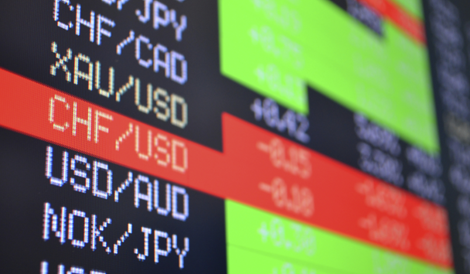New York’s attorney general Eric Schneiderman has called for regulations and market reforms in an attempt to eliminate unfair advantages that high-frequency trading can cause investors.
At a conference hosted by New York Law School titled Insider Trading 2.0- A new initiative to crack on predatory practices Schneiderman detailed how services that trading venues offer high-frequency traders can damage and impact services on the rest of the market.
Traders are currently allowed to locate their computer servers within trading venues themselves to allow for high-frequency trading, also known as algo-trading based on the trade’s use of algorithms.
Schneiderman said he was concerned that firms that specialized in high-frequency trading were benefitting from the special services provided by stock exchanges.
Colocation arrangements can also help high-frequency firms to continuously monitor all the exchanges for large incoming orders.
If a firm can detect a large order from an institutional investor it can instantaneously position itself on the other side of the trade, driving up the prices artificially.
Schneiderman said this has forced large institutional investors to develop defensive strategies to conceal their legitimate orders from traders, including the routing of orders into dark pools.
Last year Schneiderman secured an interim agreement with Thomson Reuters to discontinue its practice of selling high-frequency trades. The financial information company was selling early access to results of the University of Michigan Survey of Consumers prior to the agreement.
Last month the attorney general announced a number of interim agreements with financial firms following a “groundbreaking settlement” with BlackRock to end its practice of systematically surveying Wall Street analysts for their opinions on firms they cover.
"I am committed to cracking down on fundamentally unfair - and potentially illegal - arrangements that give elite groups of traders early access to market-moving information at the expense of the rest of the market," Schneiderman said.

